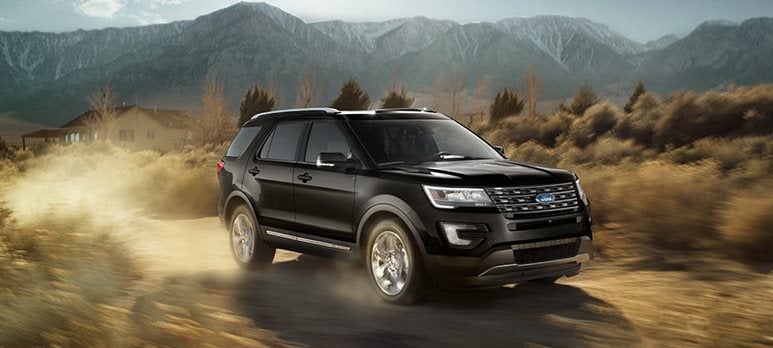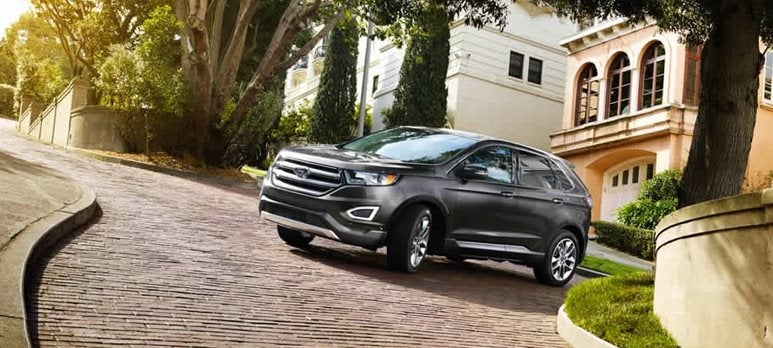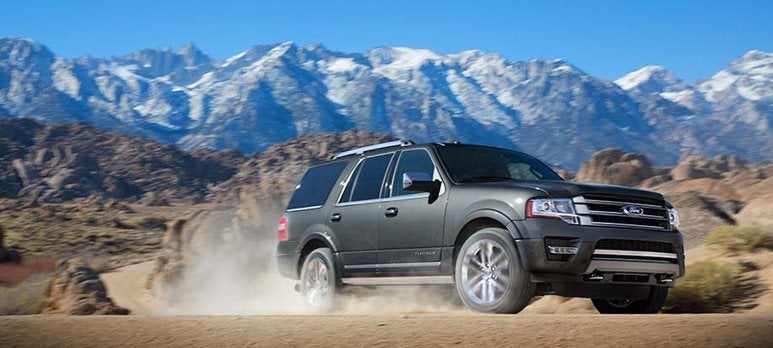
Shopping for a new family vehicle can be stressful. You know you need more space than a car or truck, but there are more options between those extremes than there used to be and the differences can be hard to understand. If you are wondering whether you need a crossover or an SUV, here are the answers to your questions.
What’s the Difference?
Before deciding whether you need a crossover or an SUV, it’s helpful to review what exactly separates the two. Often, these terms seem interchangeable — more a matter of semantics or marketing decisions than any tangible difference. However, the technical definitions do offer one definite distinction: a crossover has the unibody platform of a car, while an SUV uses the frame-on-body platform of a truck.
Typically SUVs are bigger, but size is not the most reliable indicator. Many vehicles commonly referred to as SUVs, such as the Jeep Grand Cherokee or Ford Explorer, are actually crossovers. You can’t always tell the difference by looking.

Who Benefits From a Crossover?
Crossovers were designed to combine the fuel efficiency of a car (hence the unibody design) with the space of an SUV. For the everyday use of most families, a crossover provides everything you need. Depending on the specific model you choose, you are likely to get better gas mileage from a crossover, making them a good option for anyone whose primary concern is fuel costs.
If you are worried that a crossover might not be as safe as an SUV, don’t be. Crossovers can actually shield your family more effectively than the rigid body of an SUV. Their car-like design features more crumple zones, which protects passengers by absorbing more of the impact in a collision. Your vehicle may be totaled, but your family will likely walk away with fewer injuries than they would have experienced in an SUV.

When Is an SUV Better?
The sturdier, more rugged design of an SUV makes it a better option for towing and hauling. As with a truck, the body of an SUV houses its drivetrain and is constructed separately from the frame, which is attached later in the process. If you need your vehicle to handle heavy loads, such as towing the family boat or camper, an SUV is your best bet. An SUV will also serve you better on rugged terrain and conditions that require high clearance.
Many of the traditional downsides to an SUV can be positives for some drivers. SUVs are heavier and handle more like trucks. If you prefer the feel of driving a truck to driving a car, an SUV may be a better match for you than a crossover.
More weight means lower fuel economy, but some drivers will make that trade willingly for the added protection they believe an SUV offers. Although this faith is not entirely misplaced, it is worth noting that while an SUV may take less damage in a collision, passengers often fare better in a crossover.
The line between SUVs and crossovers is becoming more blurred with each passing year. As SUVs increase their fuel economy and crossovers improve their performance, the best pick for your family often comes down to personal preferences. No matter which you choose, you can trust Ford to provide some of the best options on the market.


![[Facebook]](https://www.lancecunninghamford.com/blogs/715/wp-content/plugins/bookmarkify/facebook.png)
![[LinkedIn]](https://www.lancecunninghamford.com/blogs/715/wp-content/plugins/bookmarkify/linkedin.png)
![[Twitter]](https://www.lancecunninghamford.com/blogs/715/wp-content/plugins/bookmarkify/twitter.png)
![[Yahoo!]](https://www.lancecunninghamford.com/blogs/715/wp-content/plugins/bookmarkify/yahoo.png)
![[Email]](https://www.lancecunninghamford.com/blogs/715/wp-content/plugins/bookmarkify/email.png)



